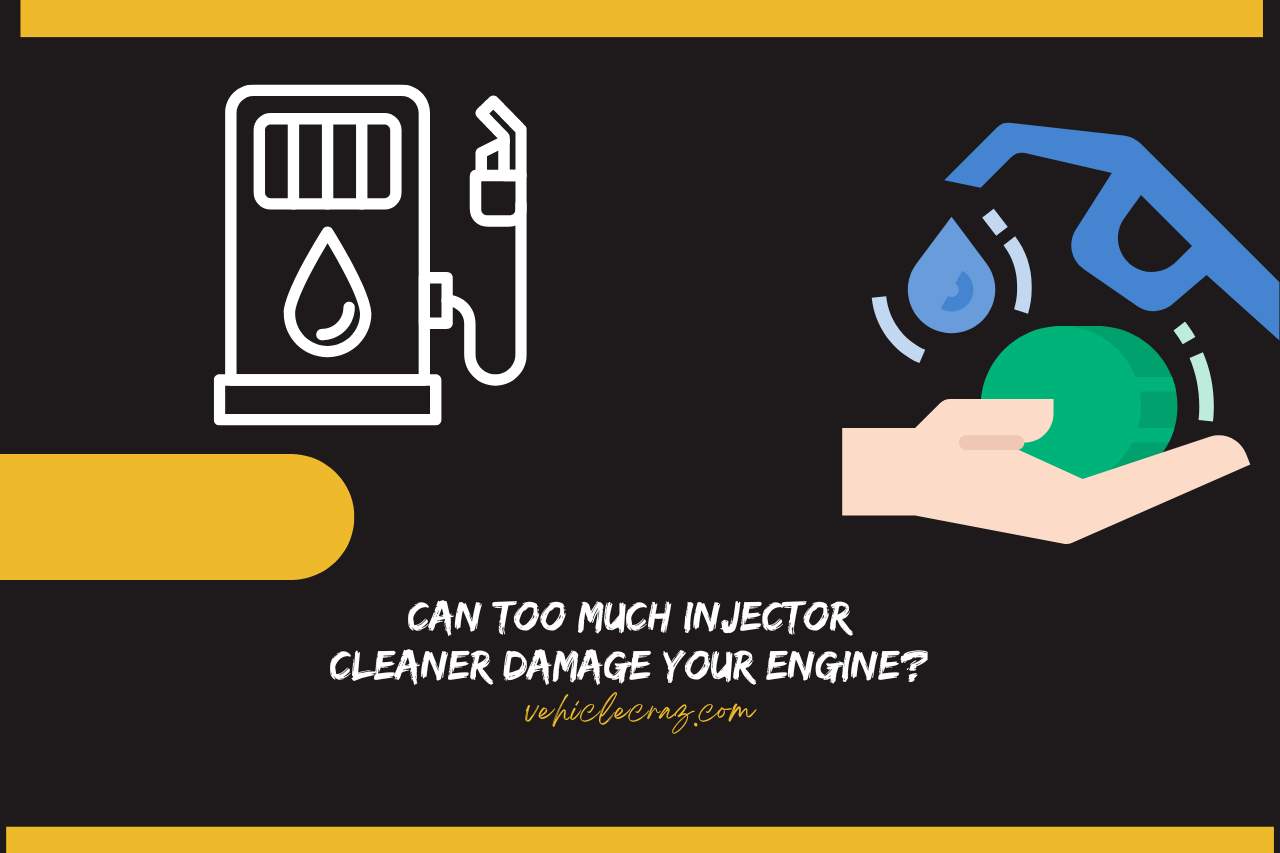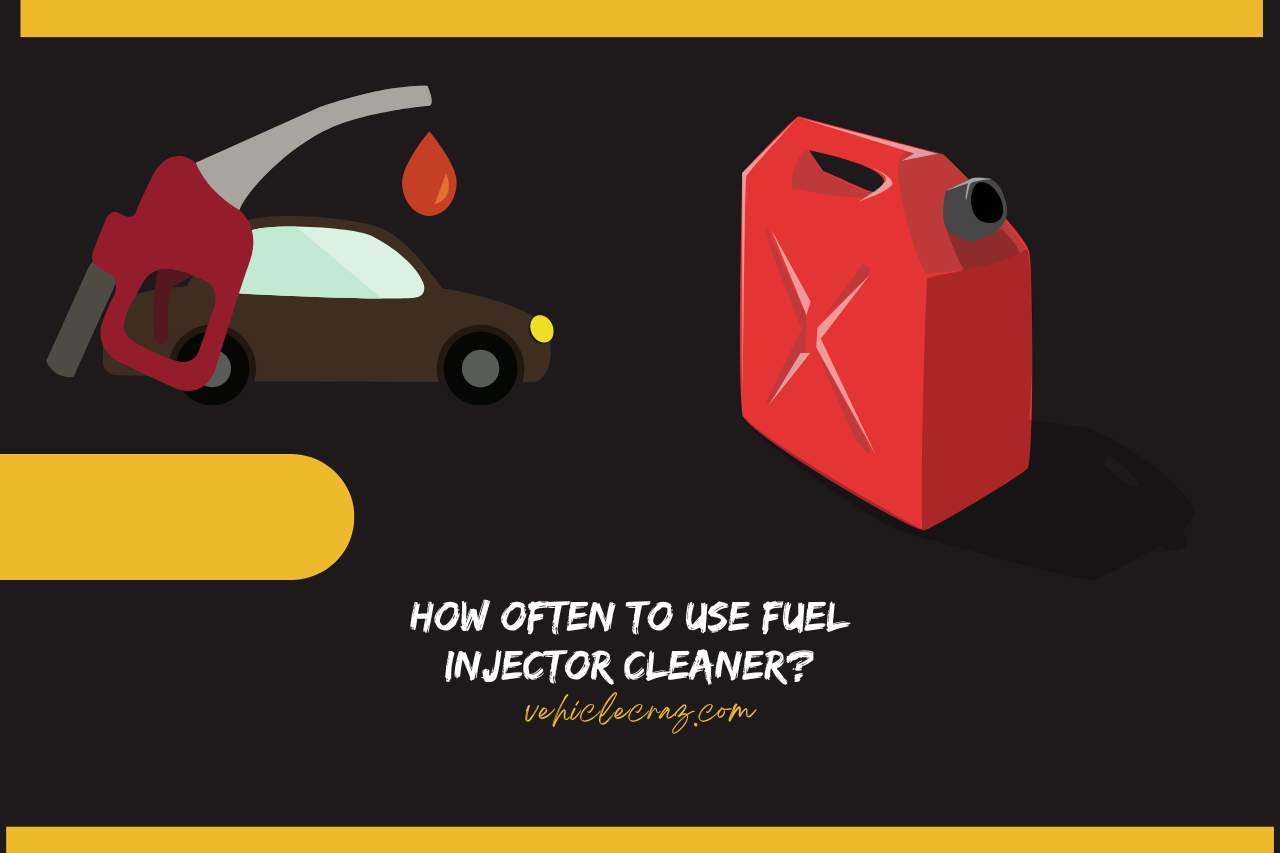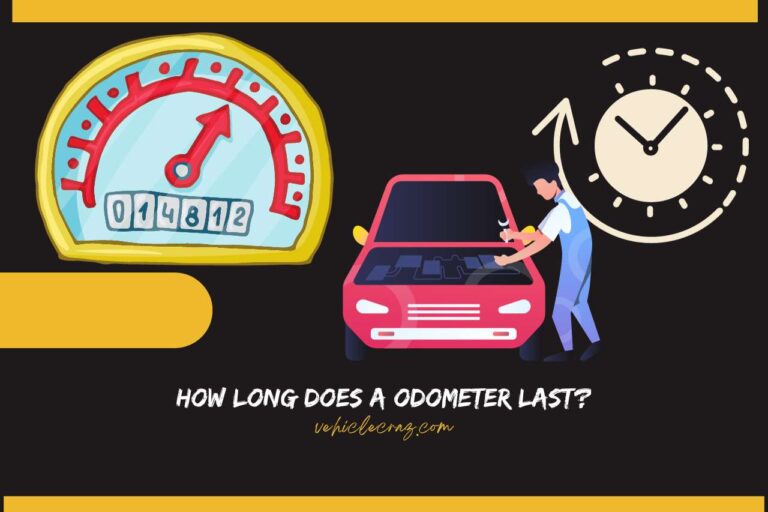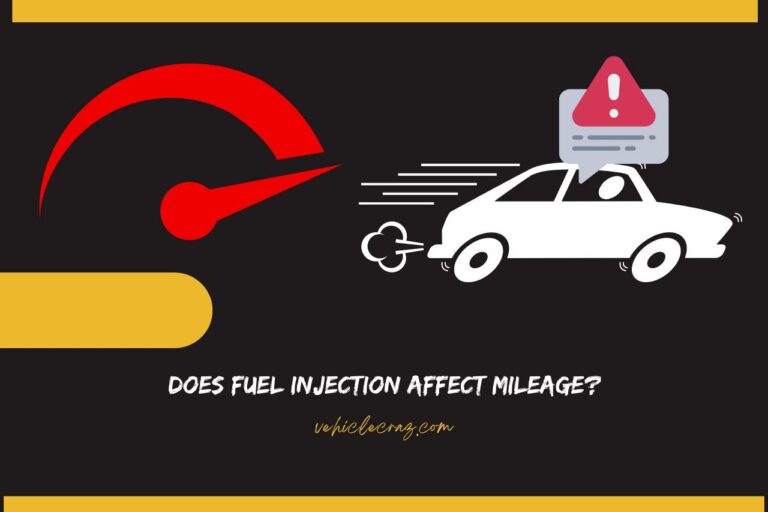Symptoms of Clogged Fuel Injectors
Debris-free fuel injectors are essential to keep the vehicle’s combustion cycle smooth. Whenever your fuel injectors become filthy from debris and foreign particles, you will have to utilize a fuel injector cleaner. But how often to use a fuel injector cleaner? How do you know if fuel injectors are clogged? This discussion aims to provide a comprehensive answer to these questions, so if you have a hard time deciding when to use your fuel injector cleaner, keep reading.
How Often to Use Fuel Injector Cleaner?
In general, you should use fuel injector cleaner every 3000 to 5000 miles as part of your regular maintenance routine. The frequency of using a fuel injector cleaner depends on several factors, including your vehicle’s age, driving habits, and the type of fuel you use. Here is the complete list of those key factors.
- Fuel Quality: If you frequently use low-quality or contaminated fuel, you might consider using a fuel injector cleaner more often because poor-quality fuel can lead to deposits in the fuel system.
- Vehicle Age: Older vehicles with higher mileage may benefit from more frequent use of fuel injector cleaners to address potential carbon deposits and maintain optimal fuel system performance.
- Driving Conditions: If you frequently drive in stop-and-go traffic, take short trips, or drive under heavy load conditions, carbon buildup in the fuel system may occur more quickly. In such cases, you will have to use a fuel injector cleaner often.
- Follow Product Instructions: Always follow the instructions provided by the fuel injector cleaner manufacturer. The reason why, different products may have varying recommendations for usage frequency.
- Preventive Maintenance: Some car owners use fuel injector cleaner preventively, incorporating it into their routine even if they don’t notice any performance issues. This can help keep the fuel system clean and prevent future problems.
- Professional Service: For severe cases of carbon buildup, a professional fuel system cleaning service at an auto shop may be recommended. This is typically more potent than over-the-counter fuel injector cleaners.
Keep in mind that using a fuel injector cleaner is not a substitute for regular maintenance and should be viewed as a supplement to good fuel and driving practices. Always refer to your vehicle’s manual and the specific instructions provided by the fuel injector cleaner product you choose.
Symptoms of Clogged Fuel Injectors
If you notice these symptoms, the vehicle might have clogged fuel injectors. So, it is time to use your fuel injector cleaner.
- Rough Idling: The engine may idle unevenly or feel rough when the fuel injectors are clogged. You might notice vibrations or hear irregular engine sounds.
- Misfires: Clogged injectors can cause misfires, too, leading to a noticeable lack of power and a jerking sensation while driving.
- Poor Acceleration: Sluggish or hesitant acceleration is another sign of clogged fuel injectors. The vehicle may struggle to pick up speed quickly.
- Stalling: Clogged injectors can contribute to engine stalling, especially when idling or during low-speed maneuvers.
- Difficulty Starting: If the fuel injectors are severely clogged, you may experience difficulty starting the engine, especially when the car is cold.
- Decreased Fuel Efficiency: Clogged injectors can affect fuel atomization. As a result, fuel efficiency will decrease.
- Excessive Exhaust Emissions: You may notice an increase in exhaust emissions, including black smoke, due to incomplete combustion caused by clogged injectors.
- Engine Hesitation: When you press the gas pedal, the engine might hesitate before responding. This can be a result of inadequate fuel delivery.
- Check Engine Light: A clogged fuel injector can trigger the check engine light in some vehicles. The onboard diagnostics system may detect fuel-related issues.
- Rough Engine Performance: Overall, the engine may run poorly, with decreased smoothness and an overall decrease in performance.
If these symptoms are noticeable in your vehicle, it’s advisable to have your vehicle inspected by a qualified mechanic. They can diagnose the specific issue and determine if clogged fuel injectors are the culprit.


Can Too Much Injector Cleaner Damage your Engine?
Yes, too much injector cleaner can damage your engine instead of cleaning. While these cleaners are designed to remove deposits and improve fuel system performance, excessive use can bring opposite results.
Over-concentration of cleaning agents may harm sensitive components, including seals and o-rings in the fuel system.
In addition, an overdose of certain chemicals may lead to combustion issues or damage the catalytic converter.
Therefore, it’s crucial to follow the manufacturer’s recommended dosage and frequency, as outlined in the product instructions.
Using injector cleaner as a preventive measure within reasonable limits is generally safe, but moderation is key to avoid unintended consequences on your engine’s components and overall performance.
If in doubt, consult your vehicle’s manual and seek professional advice for the appropriate use of fuel injector cleaner.
You May Also Like
- Does Fuel Stabilizer Expire? (Risks & Solutions)
- How to Dispose of Old Fuel? (Step-by-Step Guide)
- How to Drain a Fuel Tank without Removing It? No Need for Removal!
- Does Fuel Injection Affect Mileage? Unraveling Its Influence!
- Does Gas or Diesel Get Better Mileage? Unveiling the Truth!
- Does AC Affect Gas Mileage? Understanding the Impact!


I’m Alex, a seasoned mechanical teacher with over 20 years of hands-on experience in Australia. My passion for all things automotive has driven me to establish this blog, aiming to share my wealth of knowledge and expertise with fellow enthusiasts, DIYers, and anyone keen on understanding the mechanics behind the machines we rely on daily.







